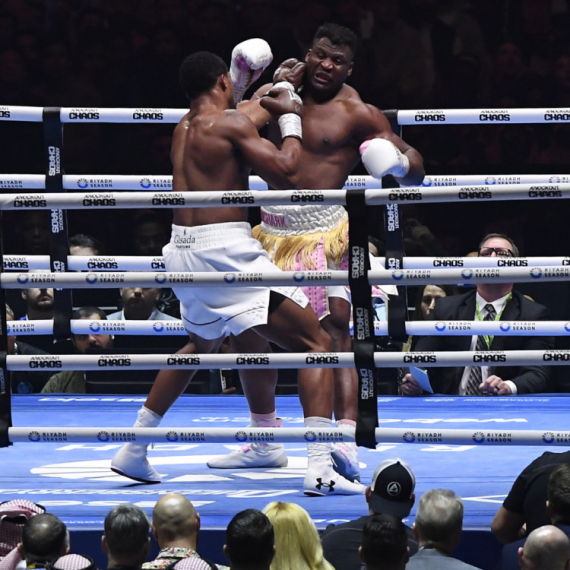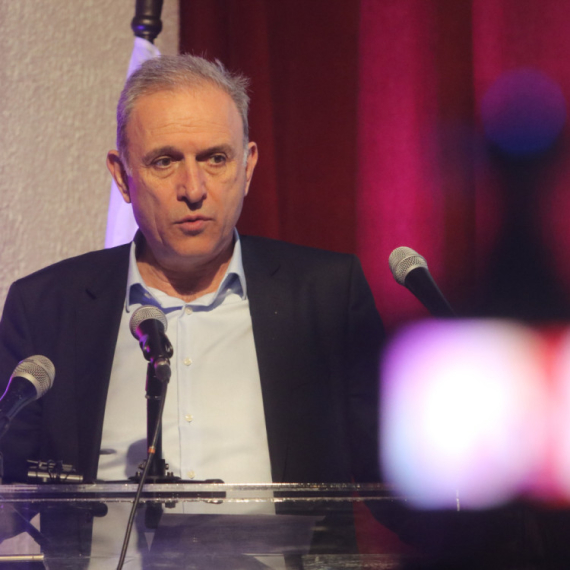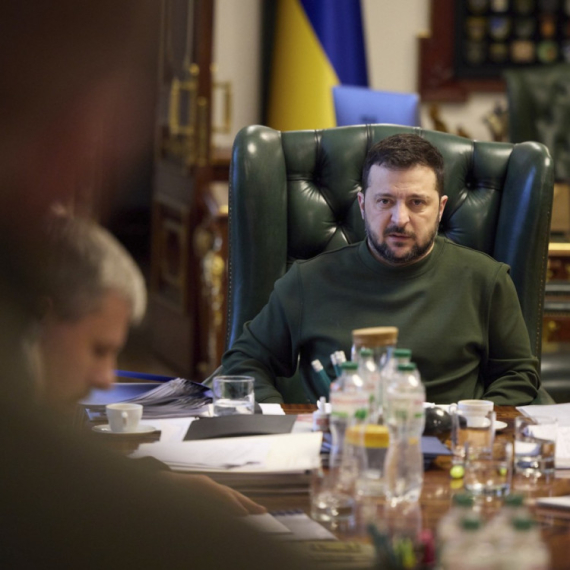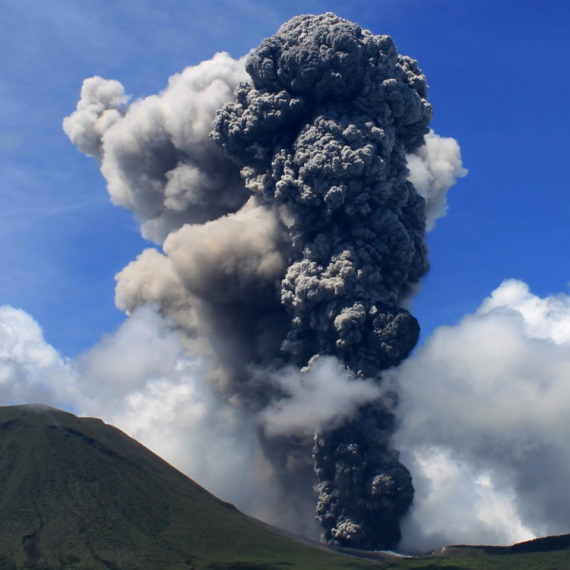"No evidence about plan for genocide against Croats"
William Schabas said Croatia "did not present any evidence about the existence of a plan by the Serbian authorities to commit genocide against Croats.
Thursday, 13.03.2014.
09:35

"No evidence about plan for genocide against Croats"
Schabas said that the grave crimes committed against Croats at the time could be characterized, at worst, as the crimes against humanity but without genocidal intent to destroy Croats as an ethnic group.Referring to Croatia's allegation that the genocidal intent by the Serbian authorities and forces could be inferred from the statements by Milan Paroski and Vojislav ŠeŠelj, Schabas said that in 1991 they were marginal politicians in the opposition, and not in power in Belgrade.
Contrary to that, the statements by the then Croatian president Franjo Tuđman, during the meeting with top military officials on the Brijuni Islands, ahead of Operation Storm in August 1995, constitute a solid example of the direct evidence of the genocidal intent.
According to the evidence that the Serbian legal team delivered to the court, Tudjman said in that meeting that such a blow should be delivered to Serbs so that they disappear from Kninska Krajina (the Serb-majority area in Croatia at the time).
Tuđman's words proved that Croatia was forging a plan for destroying the Serb population in Kninska Krajina, Schabas underlined.
The Canadian professor strived to prove that there are no grounds for Croatia's claim by detailed analyses of the judgments that the International Criminal Tribunal for the former Yugoslavia (ICTY) delivered to officers of the former Yugoslav People's Army (JNA) and Serb leaders in Croatia that show that none of them was even accused of genocide.
He noted that a joint criminal enterprise, in which Serbian president Slobodan Milošević, JNA officers, Seselj and others were involved, according to the judgment delivered to former president of the Republic of Serbian Krajina Milan Martić, included the crimes of deportation and forcible displacement of the Croat population. According to the verdict, the enterprise was aimed at displacing them from the territory of the Republic of Serbian Krajina and not destroying them, Schabas concluded.
Serbia's legal representative Novak Lukić denied Croatia's claim that the JNA was a Serbian military force in 1991 and that the authorities in Belgrade should therefore be responsible for the crimes made by the JNA and paramilitary units under its command.
The Serbian government did not have a significant influence or control over the JNA at the time, Lukić stated. He backed this by saying that there was distrust and animosity at the time between Yugoslavia's federal defense secretary General Veljko Kadijević and Serbian president Slobodan Milošević.
Lukić quoted Kadijević's book on the dissolution of Yugoslavia ("Moje vidjenje raspada") and the diary of Milošević's closest associate Borisav Jović to support his claim.
Lukić said Kadijević told the Croatian Radiotelevision in 2007: "Milosevic did not command the JNA while I was the federal secretary. The moment I filed my resignation, he became the absolute commander of the army."
Kadijević, who resigned on January 6, 1992, said also that Milošević and Jović had not attempted to keep him in position, but could not wait for him to leave so they could be in command of the JNA, Lukić pointed out.
The JNA did not operate in Croatia following to an earlier plan to form a Greater Serbia, Lukić said, adding that it was beyond any doubt.
The JNA protected the parts of the population who supported the Socialist Federal Republic of Yugoslavia (SFRY) and were threatened by those who wanted to break up the country through conflict, he remarked.
The activities of the JNA were sometimes in correlation with the interest of the Serbian leadership, but never under its command or control, Lukić said, stressing that the JNA played the part of a neutral peacemaker, as ordered by the SFRY Presidency and later confirmed by the ICTY in the cases against Martić and others.
Member of the Serbian legal team Dusan Ignjatović denied Croatia's claim that the JNA had controlled the forces in the Serbian Autonomous Region of Krajina and the paramilitary units.
Serbia cannot therefore be responsible for the crimes those forces committed in Croatia, he said, pointing out Serbia's efforts to prosecute all those responsible for war crimes before the ICTY.


















Komentari 2
Pogledaj komentare